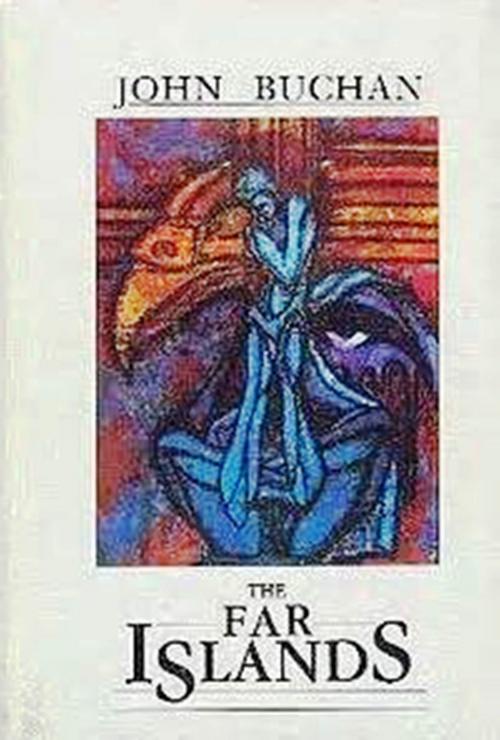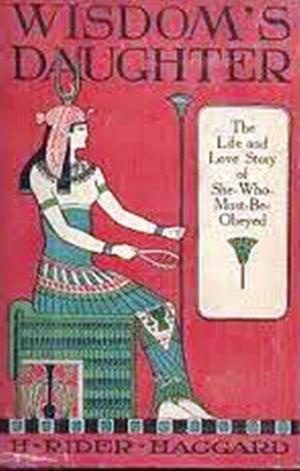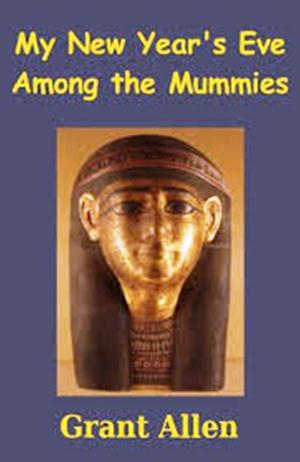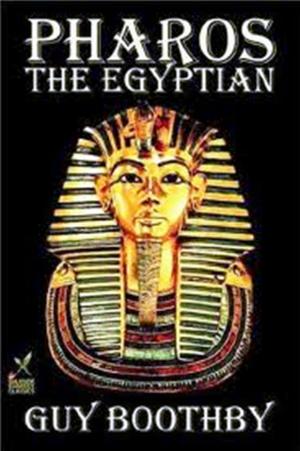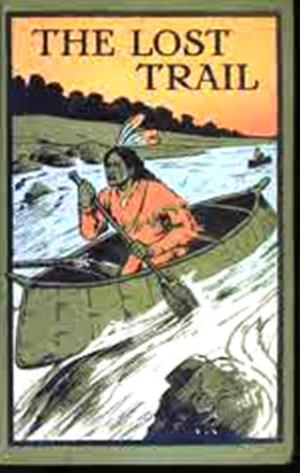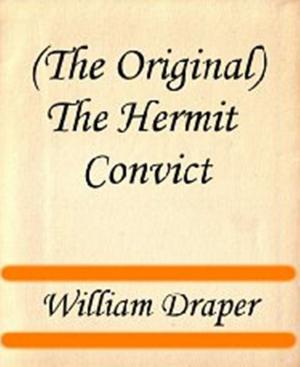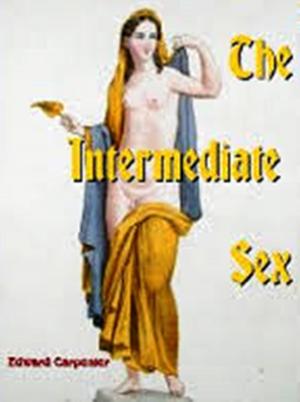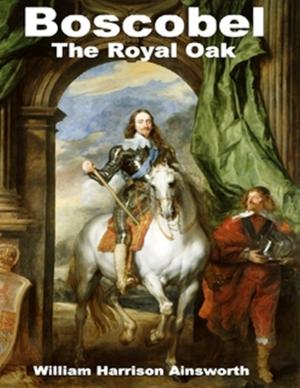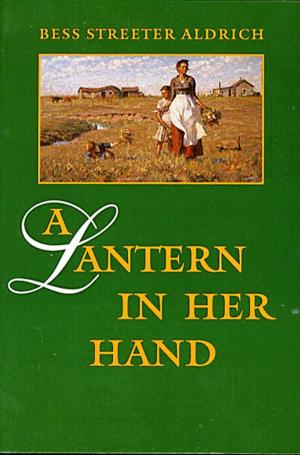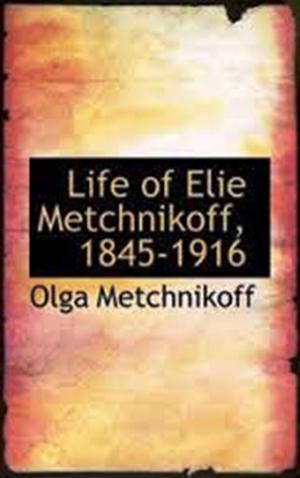| Author: | John Buchan | ISBN: | 1230000144455 |
| Publisher: | WDS Publishing | Publication: | June 23, 2013 |
| Imprint: | Language: | English |
| Author: | John Buchan |
| ISBN: | 1230000144455 |
| Publisher: | WDS Publishing |
| Publication: | June 23, 2013 |
| Imprint: | |
| Language: | English |
When Bran the Blessed, as the story goes, followed the W white bird on the Last. Questing, knowing that return was not for him, he gave gifts to his followers. To Heliodorus he gave the gift of winning speech, and straightway the man went south to the Italian seas, and, becoming a scholar, left many descendants who sat in the high places of the Church. To Raymond he gave his steel battle-axe, and bade him go out to the warrior's path and, hew his way to a throne; which the man forthwith accomplished, and became an ancestor in the fourth degree of the first king of Scots. But to Colin, the youngest and the dearest, he gave no gift, whispering only a word in his ear and laying a finger on his eyelids. Yet Colin was satisfied, and he alone of the three, after their master's going, remained on that coast of rock and heather.
In the third generation from Colin, as our elders counted years, came one Colin the Red, who built his keep on the cliffs of Acharra and was a mighty sea-rover in his day. Five times he sailed to the rich parts of France, and a good score of times he carried his flag of three stars against the easterly vikings. A mere name in story, but a sounding piece of nomenclature well garnished with tales. A master-mind by all accounts, but cursed with a habit of fantasy; for, hearing in his old age of a land to the westward, he forthwith sailed into the sunset, and three days later was washed up, a twisted body, on one of the outer isles.
So far it is but legend, but with his grandson, Colin the Red, we fall into the safer hands of the chroniclers. To him God gave the unnumbered sorrows of story-telling, for he was a bard, cursed with a bard's fervours, and none the less a mighty warrior among his own folk. He it was who wrote the lament called "The White Waters of Usna," and the exquisite chain of romances, "Glede-red Gold and Grey Silver." His tales were told by many fires, down to our grandfathers' time, and you will find them still pounded at by the folklorists. But his airs--they are eternal. On harp and pipe they have lived through the centuries; twisted and tortured, they survive in many songbooks; and I declare that the other day I heard the most beautiful of them all murdered by a band at a German watering-place. This Colin led the wanderer's life, for he disappeared at middle-age, no one knew whither, and his return was long looked for by his people. Some thought that he became a Christian monk, the holy man living in the sea-girt isle of Cuna, who was found dead in extreme old age, kneeling on the beach, with his arms, contrary to the fashion of the Church, stretched to the westward.
As history narrowed into bonds and forms die descendants of Colin took Raden for their surname, and settled more firmly on their lands in the long peninsula of crag and inlets which runs west to the Atlantic. Under Donald of the Isles they harried the Kings of Scots, or, on their own authority, made war on Macleans and Macranalds, till their flag of the three stars, their badge of the grey-goose feather, and their on-cry of "Cuna" were feared from Lochalsh to Can-tire. Later they made a truce with the King, and entered into the royal councils. For years they warded the western coast, and as king's lieutenants smoked out the inferior pirates of Eigg and Toronsay. A Raden was made a Lord of Sleat, another was given lands in the low country and the name Baron of Strathyre, but their honours were transitory and short as their lives. Rarely one of the house saw middle age. A bold, handsome, and stirring race, it was their fate to be cut off in the rude warfare of the times, or, if peace had them in its clutches, to man vessel and set off once more on those mad western voyages which were the weird of the family. Three of the name were found drowned on the far shore of Cana; more than one sailed straight out of the ken of mortals, One rode with the Good Lord James on the pilgrimage of the Heart of Bruce, and died by his leader's side in the Saracen battle. Long afterwards a Raden led the western men against the Cheshire archers at Flodden, and was slain himself in the steel circle around the king.
When Bran the Blessed, as the story goes, followed the W white bird on the Last. Questing, knowing that return was not for him, he gave gifts to his followers. To Heliodorus he gave the gift of winning speech, and straightway the man went south to the Italian seas, and, becoming a scholar, left many descendants who sat in the high places of the Church. To Raymond he gave his steel battle-axe, and bade him go out to the warrior's path and, hew his way to a throne; which the man forthwith accomplished, and became an ancestor in the fourth degree of the first king of Scots. But to Colin, the youngest and the dearest, he gave no gift, whispering only a word in his ear and laying a finger on his eyelids. Yet Colin was satisfied, and he alone of the three, after their master's going, remained on that coast of rock and heather.
In the third generation from Colin, as our elders counted years, came one Colin the Red, who built his keep on the cliffs of Acharra and was a mighty sea-rover in his day. Five times he sailed to the rich parts of France, and a good score of times he carried his flag of three stars against the easterly vikings. A mere name in story, but a sounding piece of nomenclature well garnished with tales. A master-mind by all accounts, but cursed with a habit of fantasy; for, hearing in his old age of a land to the westward, he forthwith sailed into the sunset, and three days later was washed up, a twisted body, on one of the outer isles.
So far it is but legend, but with his grandson, Colin the Red, we fall into the safer hands of the chroniclers. To him God gave the unnumbered sorrows of story-telling, for he was a bard, cursed with a bard's fervours, and none the less a mighty warrior among his own folk. He it was who wrote the lament called "The White Waters of Usna," and the exquisite chain of romances, "Glede-red Gold and Grey Silver." His tales were told by many fires, down to our grandfathers' time, and you will find them still pounded at by the folklorists. But his airs--they are eternal. On harp and pipe they have lived through the centuries; twisted and tortured, they survive in many songbooks; and I declare that the other day I heard the most beautiful of them all murdered by a band at a German watering-place. This Colin led the wanderer's life, for he disappeared at middle-age, no one knew whither, and his return was long looked for by his people. Some thought that he became a Christian monk, the holy man living in the sea-girt isle of Cuna, who was found dead in extreme old age, kneeling on the beach, with his arms, contrary to the fashion of the Church, stretched to the westward.
As history narrowed into bonds and forms die descendants of Colin took Raden for their surname, and settled more firmly on their lands in the long peninsula of crag and inlets which runs west to the Atlantic. Under Donald of the Isles they harried the Kings of Scots, or, on their own authority, made war on Macleans and Macranalds, till their flag of the three stars, their badge of the grey-goose feather, and their on-cry of "Cuna" were feared from Lochalsh to Can-tire. Later they made a truce with the King, and entered into the royal councils. For years they warded the western coast, and as king's lieutenants smoked out the inferior pirates of Eigg and Toronsay. A Raden was made a Lord of Sleat, another was given lands in the low country and the name Baron of Strathyre, but their honours were transitory and short as their lives. Rarely one of the house saw middle age. A bold, handsome, and stirring race, it was their fate to be cut off in the rude warfare of the times, or, if peace had them in its clutches, to man vessel and set off once more on those mad western voyages which were the weird of the family. Three of the name were found drowned on the far shore of Cana; more than one sailed straight out of the ken of mortals, One rode with the Good Lord James on the pilgrimage of the Heart of Bruce, and died by his leader's side in the Saracen battle. Long afterwards a Raden led the western men against the Cheshire archers at Flodden, and was slain himself in the steel circle around the king.
